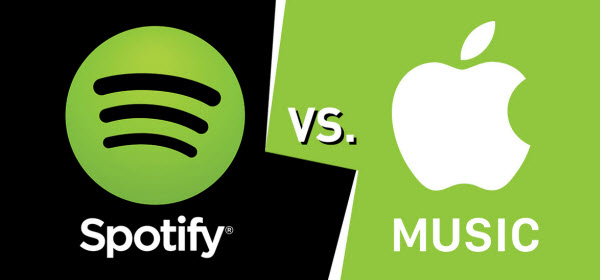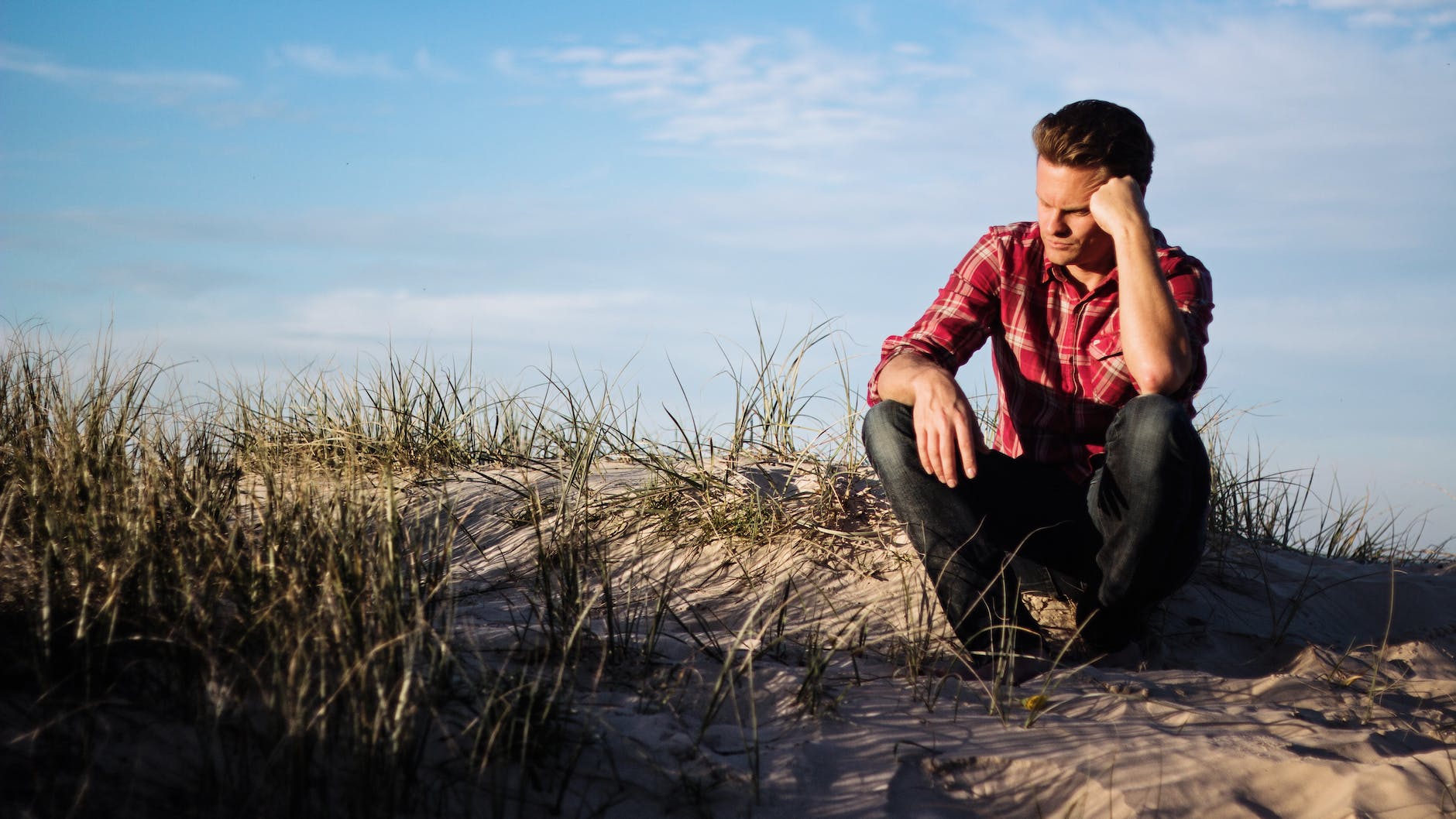In this article, I’ll look at the two biggest music streaming providers, we’ll look at a good distribution service, and we’ll look at if and how you can or should pursue a music career.
The two big boys in the music streaming business
As an artist, it is important to choose the right streaming platform to showcase and distribute your music. There are many options available, but two of the most popular are Spotify and Apple Music. While both platforms have their pros and cons, it is important to weigh the options and consider which one is the best fit for your needs as an artist.

First, let’s take a look at Spotify. With over 345 million monthly active users, Spotify is the largest streaming platform in the world. It offers a wide range of features for both artists and listeners, including personalized playlists, podcasts, and live audio. For artists, Spotify provides a variety of tools to help promote and monetize their music, including the ability to create artist profiles, upload music, and track streams and listeners.
One of the biggest benefits of Spotify for artists is the potential to reach a large audience. With millions of users, there is a good chance that your music will be discovered by new listeners. Additionally, Spotify offers a program called Spotify for Artists, which provides resources and insights for artists to help them grow their careers.
However, there are some downsides to consider as well. For one, the royalty rates on Spotify can be relatively low, with artists earning around $0.004 to $0.0084 per stream. This can make it difficult for independent artists to earn a significant amount of money from their music on the platform. Additionally, Spotify’s algorithm can make it difficult for new artists to get their music in front of listeners, as the platform tends to prioritize established artists.
Now let’s take a look at Apple Music. With over 60 million paid subscribers, Apple Music is the second largest streaming platform behind Spotify. Like Spotify, it offers a wide range of features for both artists and listeners, including personalized playlists, podcasts, and live radio. For artists, Apple Music provides tools to help promote and monetize their music, including the ability to upload music and track streams and listeners.
One of the biggest benefits of Apple Music for artists is the higher royalty rates. Apple Music pays artists a slightly higher rate than Spotify, with artists earning around $0.0064 to $0.0125 per stream. This can be a significant advantage for independent artists looking to earn more from their music. Additionally, Apple Music’s algorithm tends to be more favorable to new artists, making it easier for them to get their music in front of listeners.
However, there are also some downsides to consider with Apple Music. One of the main drawbacks is the smaller user base compared to Spotify. With fewer users, it can be harder for artists to reach a large audience on the platform. Additionally, Apple Music does not offer as many resources and insights for artists as Spotify’s Spotify for Artists program.
Both Spotify and Apple Music have their pros and cons for artists. It is important to consider the size of the audience, royalty rates, and available resources when deciding which platform is the best fit for your needs. While Spotify may offer a larger audience and a variety of resources, Apple Music may be a better option for artists looking to earn more from their music. Ultimately, the decision will depend on your specific goals and needs as an artist.
What about distribution?
DistroKid is a popular digital distribution service that allows artists to upload and distribute their music to a variety of streaming platforms and music stores. It is a convenient and cost-effective option for independent artists who want to get their music out to a wider audience. However, like any service, there are both pros and cons to consider when deciding whether or not to use DistroKid.

One of the main pros of DistroKid is its affordability. DistroKid charges a flat fee of $19.99 per year for unlimited music uploads and distribution to a variety of platforms, including Spotify, Apple Music, and Amazon Music. This is significantly cheaper than many other digital distribution services, which often charge a percentage of sales or a per-track fee.
Another pro of DistroKid is the convenience it offers. With a simple online interface, it is easy for artists to upload and distribute their music to multiple platforms with just a few clicks. Additionally, DistroKid offers a variety of tools and resources to help artists promote and monetize their music, including customizable artist profiles, track and album pre-order options, and tools to track streams and sales.
However, there are also some cons to consider when using DistroKid. One potential downside is the lack of human curation. Unlike some other distribution services that offer playlist curation and other personalized recommendations, DistroKid relies solely on algorithms to decide which tracks to feature. This can make it harder for new artists to get their music in front of listeners.
Another potential con is the lack of support for physical releases. While DistroKid does allow artists to distribute digital music, it does not offer distribution for physical CDs or vinyl. This may be a drawback for artists who want to release physical copies of their music.
DistroKid is a convenient and cost-effective option for independent artists looking to distribute their music to a variety of streaming platforms. While there are some potential downsides to consider, its affordability and convenience make it a good choice for many artists.
With those tips at hand, do I become a successful music artist now?
The short answer is: No, it’s not that simple.

Becoming a popular music artist is a challenging and competitive process that requires a lot of hard work, talent, and dedication. There are many factors that can contribute to an artist’s success, and the path to fame and recognition is often unpredictable. Here are a few of the main challenges that artists may face on their journey to becoming popular:
- Competition: There are a lot of aspiring musicians out there, and it can be difficult to stand out in such a crowded field. It takes a unique sound, strong talent, and a lot of hard work to rise above the competition and get noticed by industry professionals and fans.
- Marketing and promotion: Even if an artist has great talent and a unique sound, it can be difficult to get their music heard without proper marketing and promotion. This requires a lot of time, energy, and often a budget to promote the artist and their music through social media, live performances, and other channels.
- Funding: The music industry can be expensive, and it takes money to produce, distribute, and promote music. Many aspiring artists struggle to find the funding they need to take their careers to the next level, and may have to rely on crowdfunding, grants, or other sources of financial support.
- Industry gatekeepers: The music industry is often controlled by a small group of industry professionals, such as record labels, managers, and agents. It can be difficult for artists to get noticed by these gatekeepers, who often have their own agendas and may not be interested in supporting new or unknown artists.
- Rejections and setbacks: Becoming a popular artist requires resilience and determination. Artists will likely face many rejections and setbacks along the way, and it can be tough to stay motivated and keep going when things don’t go as planned.
Overall, becoming a popular music artist is a challenging and competitive process that requires a lot of hard work, talent, and dedication. While it is not easy, the rewards of a successful music career can be well worth the effort.
Would I recommend you to walk this rocky and hard path? Neither nor. It all depends on how much you want to achieve that goal, how much you are willing to work and sacrifice for it and last but not least: how much talent you have, and by that I don’t just mean musical talent.
Are you ready for that? What’s your goal, and what are you willing to to put in?